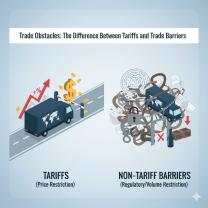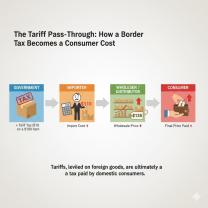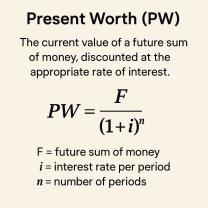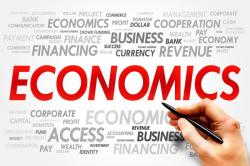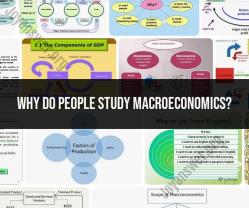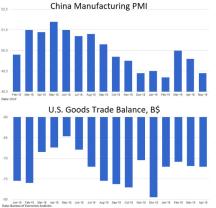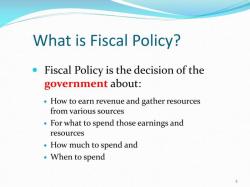Why is Economics considered a science?
Economics is considered a science for several reasons:
Empirical Analysis: Economics relies on empirical analysis, data collection, and observation of real-world economic phenomena. Economists gather and analyze data to understand economic behavior and test hypotheses, similar to how scientists use empirical evidence to study natural phenomena.
Theoretical Frameworks: Economics has well-developed theoretical frameworks and models that aim to explain and predict economic behavior. These theories are developed based on observations and empirical evidence, much like scientific theories.
Mathematical and Statistical Methods: Economics frequently employs mathematical and statistical methods to model economic relationships, quantify economic trends, and make predictions. This quantitative approach is characteristic of scientific disciplines.
Predictive Power: Economists use economic models to make predictions about future economic outcomes and the potential effects of policy changes. The ability to make predictions based on theory and data aligns with scientific inquiry.
Methodological Rigor: Economic research often follows rigorous scientific methods, including controlled experiments (when feasible), statistical analysis, peer review, and the use of evidence-based reasoning.
Interdisciplinary Nature: Economics often draws on insights from other scientific disciplines, such as psychology, sociology, and mathematics, to provide a comprehensive understanding of economic behavior.
Policy Implications: Economic analysis informs policy decisions at both the micro and macro levels. Governments, businesses, and organizations use economic insights to formulate policies and make decisions, underscoring the practical and scientific aspects of economics.
Objective Inquiry: While economic analysis can involve normative judgments, economists strive for objectivity in their research and analysis. They aim to provide objective assessments of economic phenomena.
It's important to note that economics, like other social sciences, may have elements of subjectivity and interpretation, particularly when addressing complex real-world economic issues. However, the scientific methods and principles used in economics allow for systematic study, hypothesis testing, and the development of evidence-based conclusions.
Overall, economics is considered a science because it employs scientific methodologies to study human behavior in the context of economic systems, markets, and decision-making.


